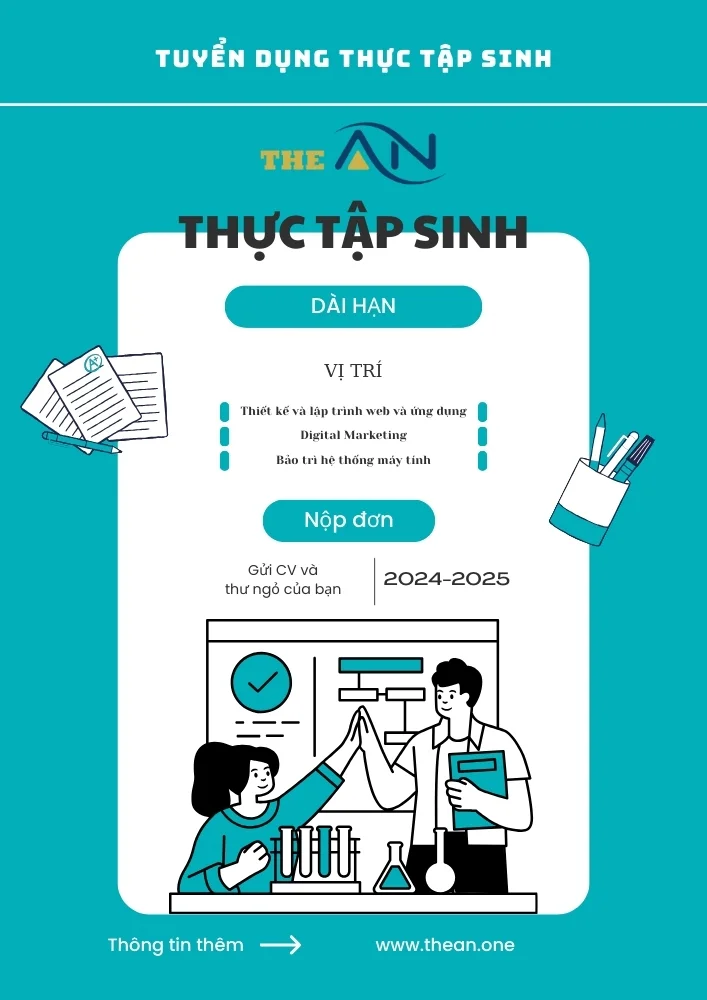10 Steps to Prepare for a Social Media Crisis

A social media crisis is a frightening prospect. So much so, that many organisations avoid thinking about it, have only rough plans in place, and only learn how to deal with one when they actually face a problem.
Every crisis, even an online one, can be managed. If you do some preparation, careful planning and maintain a can-do team spirit you will be more than able to spot, evade, manage, survive and learn from any crisis you may face.
Expert Julie Atherton has created this handy 10-step checklist to help you think about and prepare for a situation that can happen out of the blue, for anyone.
1. Build a crisis team
If a crisis happens, who needs to be in the team, what will be their roles and what authority will they have? It is too late to decide this in a crisis, and it is essential they have worked together before the crisis happens.
Trust takes time to build. A cohesive team that trusts each other will perform much better in the heightened anxiety conditions of a crisis than a group of people who have never met before. Make sure your team is small with limited levels of hierarchy. Decisions need to be made swiftly and with authority.
2. Put processes in place
Map your crisis management plan. Make sure it is short and sweet - no more than one page long - as no one has time to read “War and Peace” in a crisis!
3. Agree on a single internal communication channel
Choose a separate internal communications channel which has full transparency such as Microsoft Teams or Slack to ensure you have full visibility of information across the team as the crisis develops.
4. Decide who is in charge
At what level does sign-off happen? Is the team empowered to make all decisions? When do they need to get higher-level sign off and from whom?
5. Remember who your friends are
Traditional media is highly trusted by the public. Now is the time to call in those favors with your journalist and influencer buddies. Who are they and how will you reach them in an emergency?
6. Know what content you have
Make sure your content repository is well documented and it is quick and easy to find content, or create new content, to tackle a crisis.
7. Decide who will be your spokesperson
Someone will need to take responsibility. They may well need to be publicly humble and honest about what has happened and be seen to have the authority and credibility to take responsibility for the organization.
8. Determine the key social media channels you need to take control of
Where is it essential that you disseminate your core messages in a credible and consistent way? This should include the channel where the crisis is mainly occurring, but also typically other important channels such as:
- Twitter - where journalists and traditional media outlets are highly active,
- Instagram - where influencers and celebrities have large followings and actively participate, and
- Facebook - which has huge reach and is often the go-to channel of choice for news for large sections of the public.
9. Agree on your crisis tone of voice
Ideally, this will be consistent with your brand positioning, but also empathetic, human, considered, and honest (if these aren’t already your values).
Make friends not enemies. There is no need to escalate the crisis when a more conciliatory approach can build bridges and defuse the situation.
10. Decide how you will measure whether you are winning
What information do you need to know if the tide is turning your way? Will you use sentiment analysis, complaint levels, stock price, or a combination of multiple factors?
It is useful to have some granular level indicators as well as the headline stats, but you need to know if your crisis management is improving or damaging the situation.
Conclusion
Social media is nothing if not a highly vocal critical friend. When an organisation continually listens, learns, and engages, its crisis management and reputation can only grow.
Source: DMI






